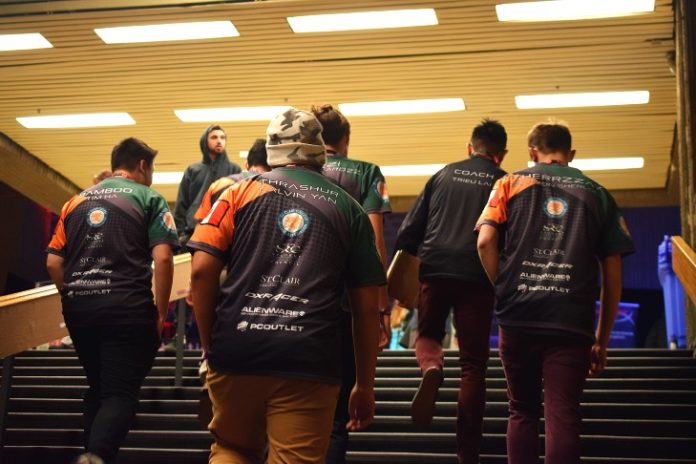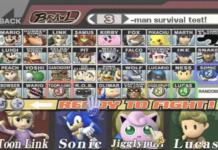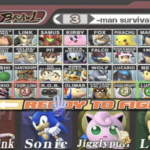Varsity esports programs at colleges are growing exponentially, and for good reason; as the esports industry continues to skyrocket in popularity, having an engaging and constructive environment for esports enthusiasts is a must for any campus. Lots of schools want to get involved and lots of entrepreneurs want to rise to the task. But very few people know how.
Thankfully, Shaun Byrne does.
Shaun Byrne is the esports program director and a professor at St. Clair College in Windsor, Ontario. The founder of Saints Gaming, Byrne originally got into esports by starting up a club at the University of Windsor with some friends. They started hosting events that were wildly popular and it dawned on Byrne that there was untapped potential in the realm of competitive gaming.
Byrne founded Esport Gaming Events (EGE) in 2012. After working all over Ontario, Michigan and Montreal for several years, EGE was invited to help host a major event at St. Clair College and it was during these meetings that Byrne saw an opportunity.
“I had seen a few [varsity esports programs] in the U.S. at this point, so I pitched to the college: why not make St. Clair the first Canadian school to do that?” Byrne told ggn00b in a recent interview.
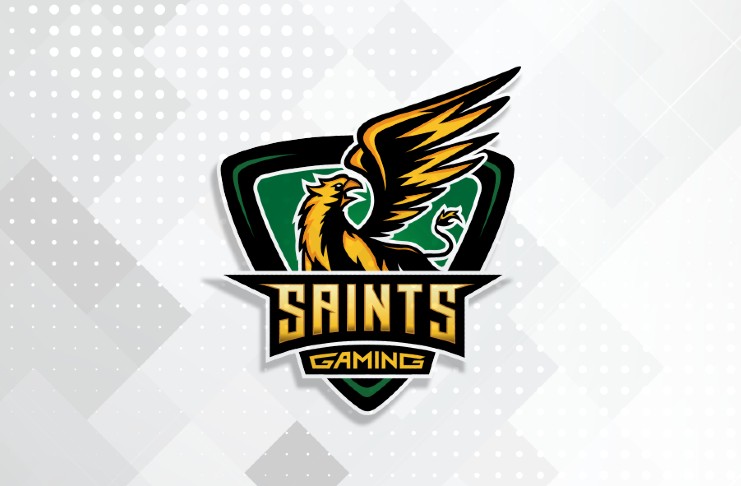
The response from the school administration surprised Byrne; they loved the idea. The major event Byrne was brought in to help host, Saints Gaming Live, was transformed into a kick-off for a much larger idea: a varsity esports program with the same level of legitimacy as any other varsity sports program at the collegiate level.
The program has been such a success that a year after its launch, Byrne was brought in by the school of business to start up an academic program. Today, he works two major roles at St. Clair College: as the esports director of the varsity program and as the Program Coordinator for the Esports Administration & Entrepreneurship program.
Needless to say, Byrne has proven himself to be an accomplished force when it comes to getting companies and programs off the ground in esports. And he was kind enough to bestow some of his wisdom for us.
Starting Up A Varsity Esports Program
As esports becomes more and more popular, many schools and institutions will have “clubs” for esports; these are student-organized gatherings, oftentimes in a booked space on campus or in the school. The struggle is taking one of these clubs (or if your school doesn’t have one, starting up your own) and then trying to get it recognized by the school.
“If you want to be recognized by your school [as a varsity program] you have to utilize your club to prove the value of what you’re doing.” Byrne explains.
“Oftentimes, everything involving these clubs is being done for free. So the key question is: why should the school start putting money into something that’s already being done for free?”

Byrne points out that schools are interested in esports for several reasons and part of getting any program off the ground as an esports entrepreneur is recognizing what the particular school’s administration wants. This can be viewed through the lens of enrollment or the lens of marketing.
Enrollment can be an enticing motivator for the administration of smaller schools where getting students in the door and paying full tuition is greatly beneficial; this is more common for American colleges than Canadian, in Byrne’s experience.
“You can go in and say ‘Look, if we do this [varsity esports program] we can bring in X number of new enrollments every year.” Byrne explains. By promoting the strength of an already existing club, you set a good foundation for being able to get recognized by the administration.
The other perspective to getting a varsity esports program off the ground is from a marketing perspective. Byrne describes how with Saints Gaming, their focus on content creation and streaming weekly events led to the St. Clair logo and brand getting over 15 million views, as well as being featured on popular channels. He was then able to effectively pitch that if they could get this kind of exposure on their own time and budget, imagine having the backing of a school administration.
But perhaps the biggest marketing boon is how an esports program affects campus life. Some students aren’t privy to the concerts, themed parties and other events that can frequent campuses. Esports programs can offer an alternative to these students.

“Creating this esports program and all the things that are attached to it, we are creating more opportunities for students to be engaged with student life.” Byrne says, while also stressing the importance of this engagement.
“Students that are more engaged are more likely to graduate, more likely to talk positively about their school. They are more likely to feel like their school is their home.”
What Do You Need For A Varsity Esports Program?
There are a few things that are necessary to be considered a legitimate esports program by a school. Byrne lists them as:
- Official recognition by the school. Basically all the way up the administrative ladder, they should be able to confirm that your program is recognized as representing the school.
- A full-time, paid staff member. Byrne explains that clubs often differ from varsity programs in that they are only as strong as the current students who are involved; if any of them graduate, the program could crumble. Having full-time, paid staff, employed by the school, dealing with the program ensures that it has longevity even as students graduate and move on.
- Having facilities on campus. While esports can be done remotely, the effectiveness of esports programs comes from having student engagement, a venue for hosting events, and being able to work and market content more.
Meetings. Meetings. Meetings.
Byrne is often invited to speak at events, conferences and schools to talk about esports entrepreneurship, and if there’s one thing he stresses about starting up anything in esports, it’s meeting people.
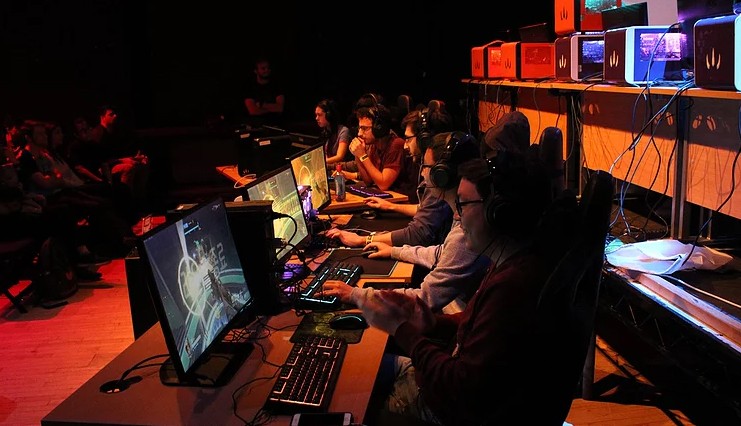
“You should be getting meetings with everyone you can, in every department. A lot of people assume that varsity would have to be run through athletics, and while it’s often true, but not at all; about 50% of schools in North America have varsity esports under “athletics.”
What makes up the rest of them? Well, over 40%, including St. Clair College, run their programs through student unions. Some programs have been run through schools of media. The point Byrne stresses is that if you’re serious about getting a program started, it’s important to meet with as many people as possible; you have no idea who is or isn’t interested in getting involved in esports.
Send those emails. Make those calls. Leave no stone unturned.
Ambition
Byrne is a realist when it comes to trying to make a career in esports; even before students step into his class, he makes sure it’s clear that the program alone guarantees nothing in career prospects.
“If you want to build a career in esports, you need to be a go-getter. You need to be ambitious. You need to create your own opportunities. It is not an easy industry to work in.”
Byrne put in a lot of unpaid hours to set himself up for success, and he recommends anyone who is serious about esports do the same.
“Do research. From 2012 to 2016, I spent a minimum of four hours a day reading articles about esports, scouring the web for them. When Facebook was at its height for esports, I joined probably over 300 groups on the platform just because I didn’t want to miss anything.”
“Every door you open might not be an opportunity, but there will at least be another door to keep you moving forward.”
Follow Shaun Byrne on Twitter, as well as Saints Gaming on Twitter and Twitch!


